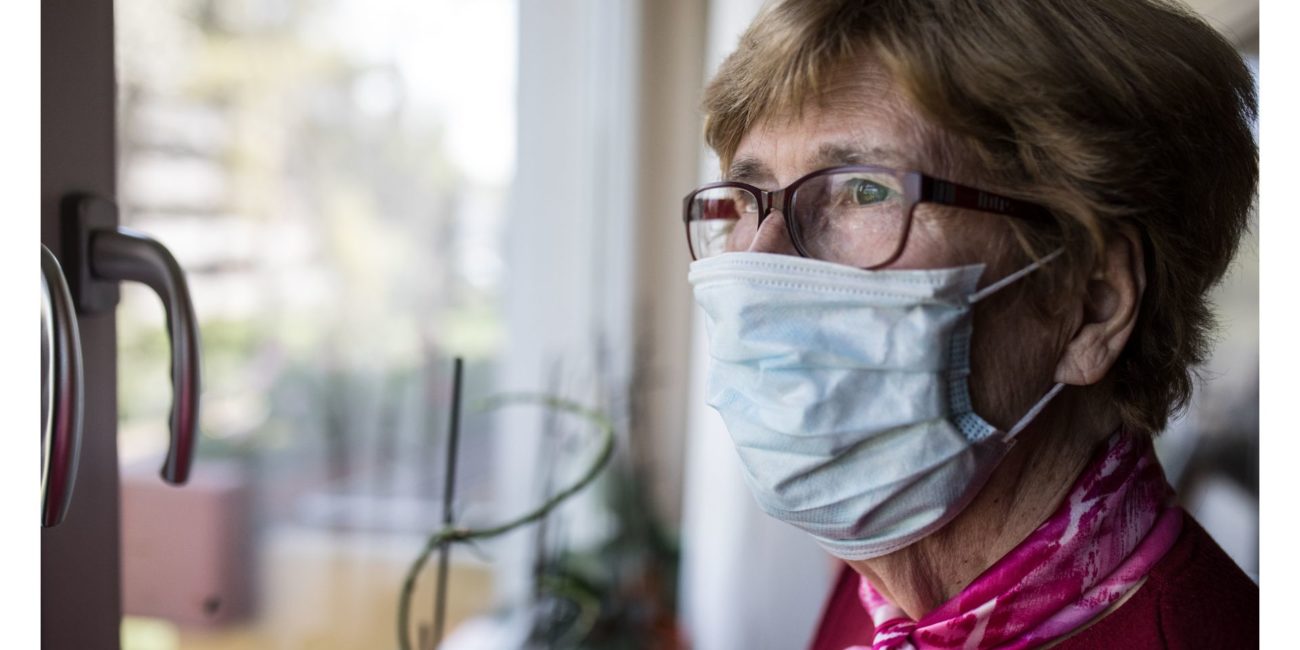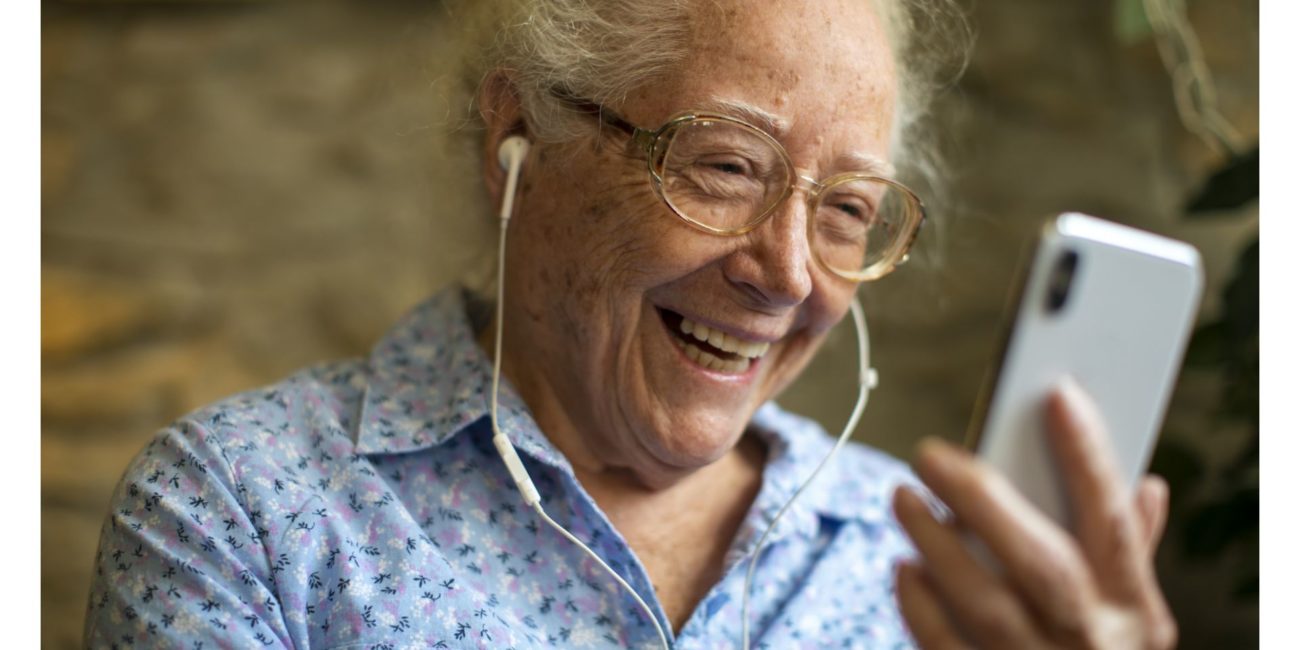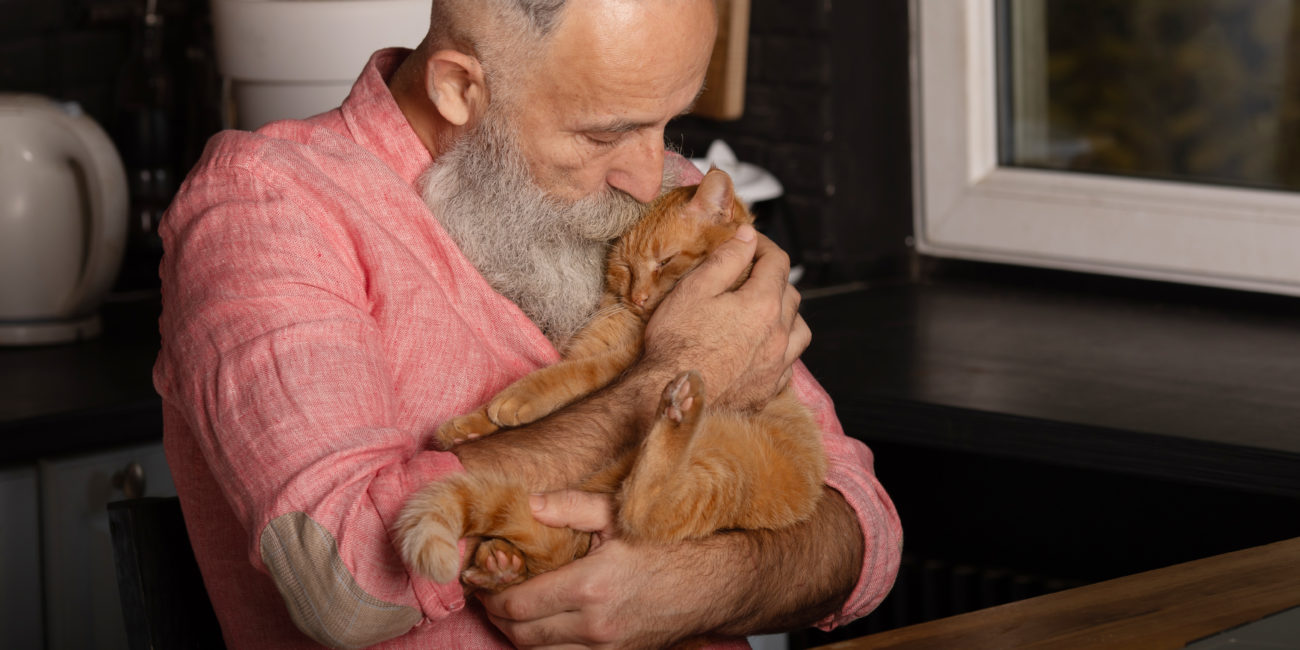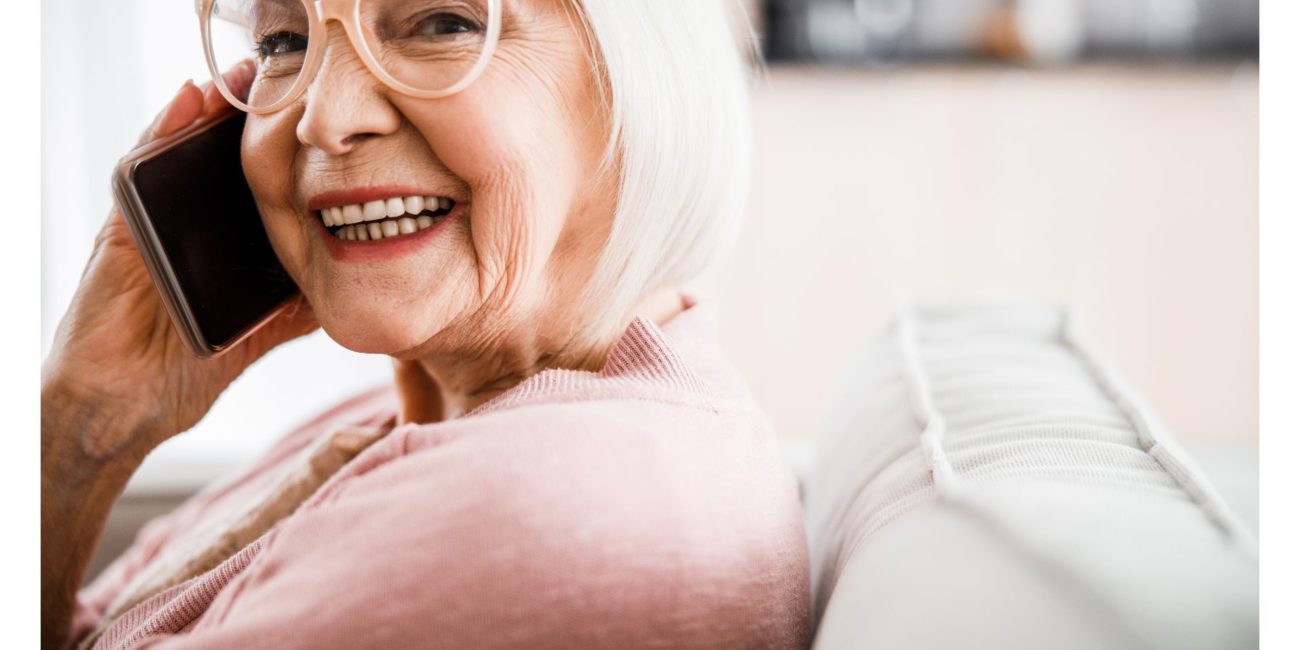COVID-19: Mitigating Fear & Loneliness
In many cases, our mental health is rooted in stability derived from a regular routine. Within this routine are the social interactions we take for granted, the projects we derive fulfillment from, and life’s milestones that we can count on looking forward to. With the world in crisis mode, much of this routine has gone by the wayside. Stress and anxiety associated with isolation and the unknown can quickly take over our lives and trigger serious mental health conditions.

Is Your Loved One Lonely?
Physical isolation has become commonplace. In order to protect the physical health of our senior loved ones, many of us have foregone our regular visits, dinner dates, and social activities with Grandma or Grandpa. In this case, it is important to ensure that our loved ones are not lonely. While being physically isolated from friends and family, seniors need to maintain a sense of connection throughout the process. They need to know that they have someone to reach out to in order to avoid a sense of helplessness. Well established research, and my own experience in the field, has shown that loneliness is associated with a string of physical and mental health issues commonly faced by seniors. Depression, anxiety, heart disease, high blood pressure, and cognitive decline are just a few conditions commonly affecting seniors that can be triggered by the distressed feeling of loneliness.

What Can You Do?
While we wait for physical interaction to be safe, we can ensure that our senior loved ones are socially connected in other ways. The easiest, and most common way to connect right now is via facetime, zoom, or some other video conferencing app. Most of them are easy to use, and this can be a good way to reinstate a sense of normalcy. If these calls are scheduled, it can help seniors get into a routine, and give them something to look forward to and prepare for. If you have a regular tradition like watching a movie together on Sundays, that can be done over video calls pausing periodically to discuss the show or movie. You can also send gifts through the mail, and greater creativity is always valued. However, the important part of all of this is ensuring your loved ones feel like they have a network to fall back on.

Identifying Issues
Staying connected with your loved one will also help you identify any issues that might arise. If you feel worried that your loved one might be suffering as a result of fear, anxiety, and social isolation, here are some warning signs you need to look out for:
Speech
Behavior
When fear becomes panic, the mental and physical health of your loved one could be at risk. Irrational fears, and unnecessary dramatic shifts in behavior to accommodate those fears can signal panic. Sleep loss, irritability, agitation, and slower processing can also be signs of a mental health crisis. Do not make the mistake of writing these behaviors off as normal for old age. As behavioral health experts know, many symptoms that older adults exhibit are ignored until significant damage has been done to their mental and physical health.
Threats
Stated threats, often in the form of off-hand comments, can be a cry for help. If your loved one says things like “I’d rather be dead than live through another month of lockdown,” this should be given serious attention. Seniors are amongst the most likely in the country to commit suicide, and recent developments can be serious triggers.
Radio Silence
If you’re used to hearing from your loved one, and you haven’t been hearing from them or cannot get in touch with them, this can be a warning sign for serious mental health issues. In this case, you can always ask for a safety check from the local fire department or sheriff’s office.

Identifying the Signs
These warning signs can be identified with thorough communication. Don’t lecture your loved one, but be sure to ask prompting questions that can give you peace of mind. Ask them how they’ve slept, who they’ve spoken to recently, and how they’re feeling. This knowledge will help you and your loved one gauge their mental health. If you feel concerned, it’s always a good idea to work with a mental health professional. Specialists in senior behavioral health, such as those at WellQor, can be crucial in ensuring the lasting mental and emotional health of older adults.




Leave a Reply